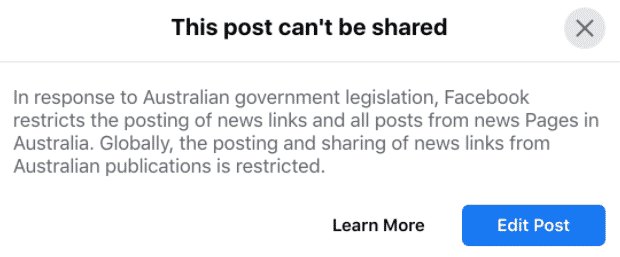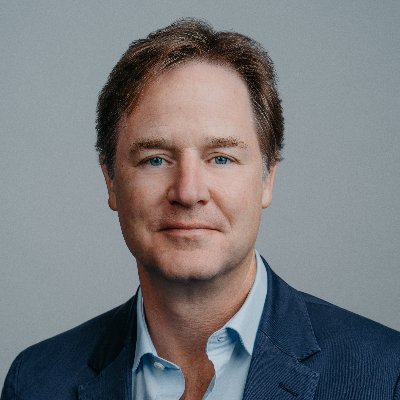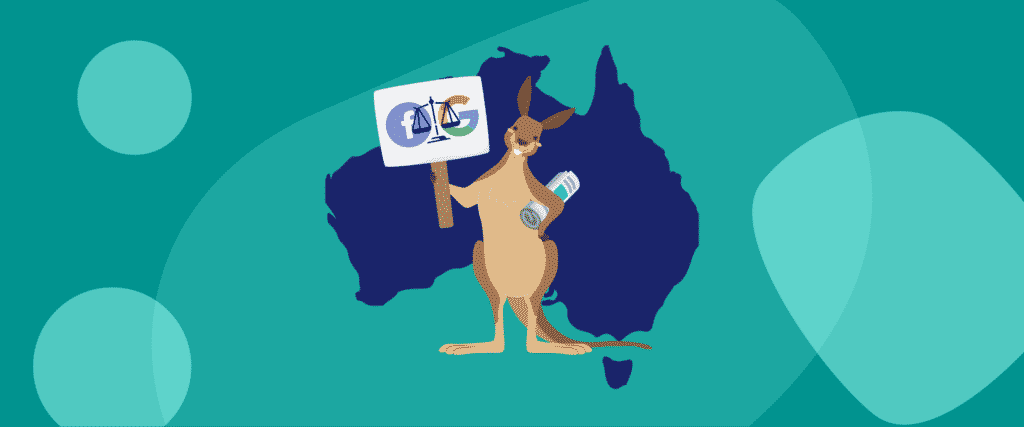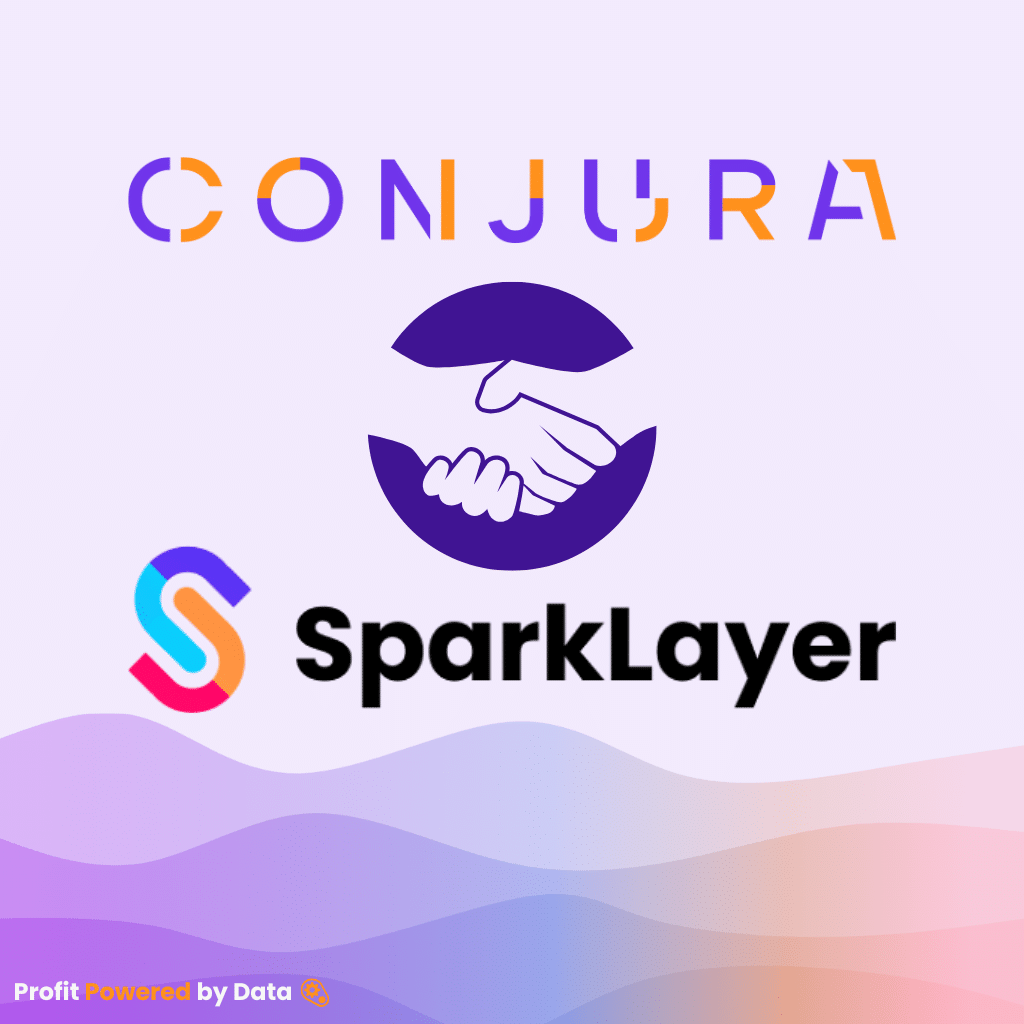

Why did the government step in?
A report from 2019 showed that of every $100 spent by Australian advertisers, Google got $53 and Facebook got $28. The power dynamic is completely skewed in favor of the tech giants, so the media companies were left with little bargaining power.
The new legislation commits Facebook and Google to certain spending minums and requires them to negotiate with media companies individually. Where negotiations fail, an independent arbiter can step in and set a price. The government argues that this gives more leverage to the media companies and ensures a more level playing field.
How did the platforms respond?
As we mentioned before and as you’ve likely heard, Facebook completely blindsided the Australians and they woke up to blanked-out pages for local news media, along with some government pages. Facebook claimed the law is “…like forcing carmakers to fund radio stations because people might listen to them in the car — and letting the stations set the price.”
Google initially threatened to block access to its search engine, however, they ultimately took a more moderate approach and opened up a dialog with the news outlets. The tech giant has reached an agreement with Nine Entertainment and Seven West Media for around $60M (we’re talking Australian dollars, by the way), and with Rupert Murdoch’s News Corporation for an undisclosed amount.
Facebook and the Australian government eventually came to the negotiating table and a compromise was reached.
Facebook unblocked the Australian pages and both tech companies have committed to a $1B annual spend over the next three years.
What does this all mean?
Well, Facebook’s blackout of news for almost two weeks didn’t go over too well in the public eye. Facebook themselves admitted that in an effort to quickly become compliant before the law went into effect that “some content was blocked inadvertently.”
Will the law in Australia be the precedent? Maybe. Canada, the UK, the EU, and the US have all floated similar ideas recently. As the tech giants have far more and more scrutiny due to their sheer size and control over information, we may see more developments like this globally.







